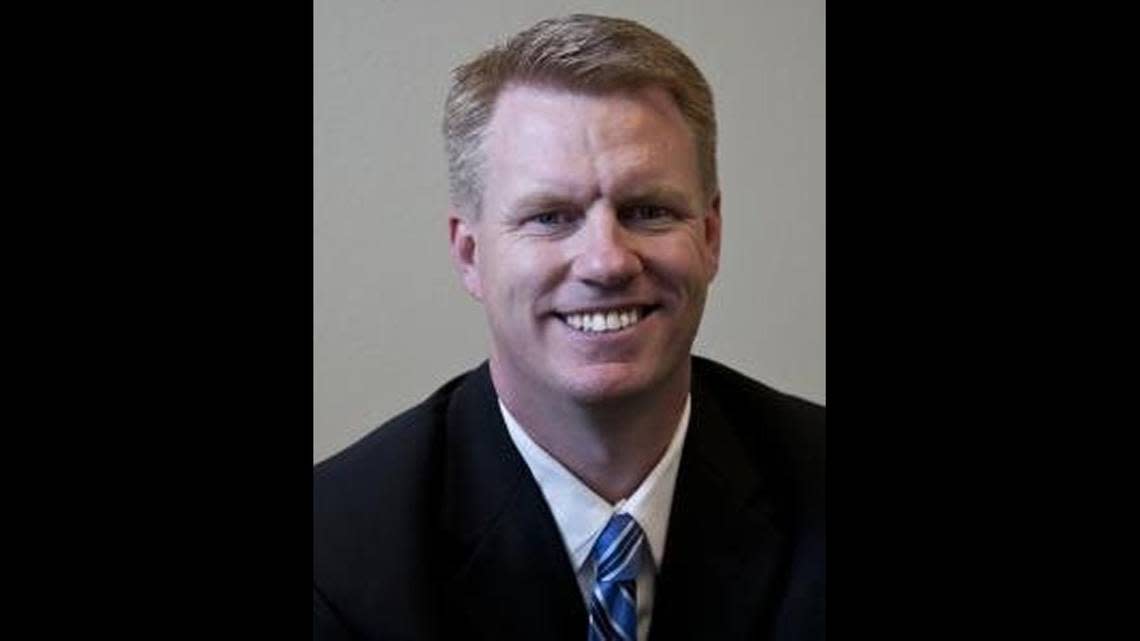Don’t overlook estate planning as a key part of your financial health. Here are tips
Estate planning is often an afterthought, something that it seems there will always be time to get to later. It is an unfortunate distinction for something that can be critically important to you and your heirs and provides options to lessen (or even eliminate) many future headaches.
A basic set of estate-planning documents — along with more advanced legal planning when necessary — can be among the most valuable personal financial-planning steps you take in your life. Being proactive about identifying the financial assets and other treasures of your life and what you want to happen to them is a valuable service you can provide to your spouse and other heirs, your estate executor and your professional advisors.
There are abundant resources available to help you overcome the first level of inaction — simply understanding what types of documents and options apply to you. National Estate Planning Awareness Week is Oct. 16-23. During this week, estate-planning attorneys and others around the country will offer opportunities to learn more. Locally, Leave 10 South Sound — an organization focused on the charitable-giving component of estate planning — is sponsoring a free webinar with Tacoma estate attorney Brianne Kampbell on Oct. 20 that will review the basics of wills and estate plans. You can find registration information for this webinar by searching for events on the Leave 10 social media channels or website (Leave10.org/south-sound), which includes a resource library of articles and ideas for being wise about your planning.
The estate-planning “starter kit” typically includes a will, powers of attorney for health care decisions and financial matters (two different documents) and a medical directive regarding life-sustaining treatment. For many people, these documents are sufficient. For other circumstances that require more advanced planning — such as instructions for heirs with special needs or to address the Washington state estate tax — a more customized remedy of legal documents might be beneficial.
Estate plans should be coordinated with broader financial plans, investment approach, insurance coverage and taxes. They are spokes of the same wheel, often reliant on each other to keep the ride smooth on the way to lifetime financial security and peace of mind.
There are free, or inexpensive, online outlets to create a will and the other pertinent documents. Freewill.com, trustandwill.com and legalzoom.com are commonly used for their estate-document templates. When using this type of resource,, remember that the documents are not complete and valid until they are signed by you and witnesses who aren’t your relatives. Working with an estate attorney assures that this step is not missed and that any necessary customizations are addressed.
While proper estate-planning documents are useful even for relatively young people, they can be critical for the elderly or those in ill health. This is where power-of-attorney documents become most useful, identifying authorized individuals to represent you in communications with your doctors, the bank, insurance company, investment account custodian, credit card company and so on. Establishing power of attorney, in most cases, does not replace your ability to interact with your money or service providers. It adds an additional person eligible to interact and make decisions. Because you are making the power of attorney your equal as far as decision-making goes, selecting the right individual is important. When granting powers, it is preferable to identify someone who is not overwhelmed by complex topics. Someone from a generation younger than you often makes the most sense. The same goes for selecting an executor of your estate.
The will and power-of-attorney documents are essential, but there remain other pieces of the estate-planning puzzle to put together. If you own an individual retirement account (IRA), employer-based retirement account or a life insurance policy, all of those assets transfer at death based on the beneficiary identified on the account, even if you identify a different beneficiary in your will. Confirming that your beneficiary designations are up to date is essential. Also generally not included in the context of a will, is a list of your important documents and possessions and where they are kept, including access details. Those access details extend to usernames and passwords for online accounts. In a digital era, maintaining current access credentials can save a lot of time. Beyond the inventory of important documents or possessions, it will be helpful to identify anything else that your family should know.
Estate planning requires open communication about a variety of details, some of which people are reluctant to share or make decisions about. As with many things that require planning, begin with the end in mind and think about how you’ll feel afterward knowing that your estate is well understood, organized and cared for. Hopefully, that will provide enough motivation to work through the process.

Gary Brooks is a certified financial planner and the president of BHJ Wealth Advisors, a registered investment adviser in Gig Harbor.
